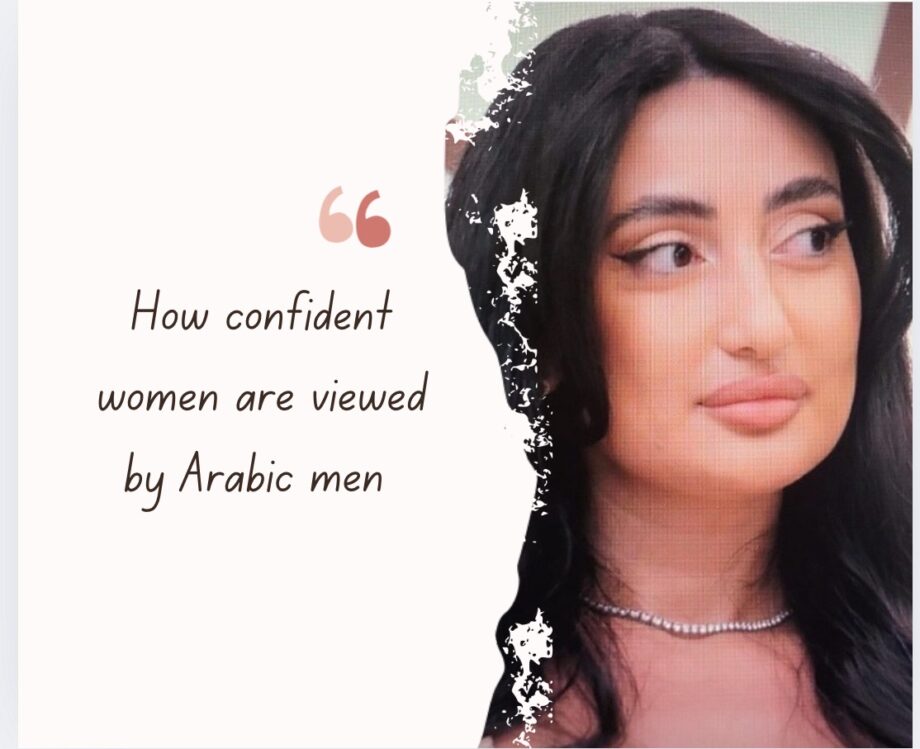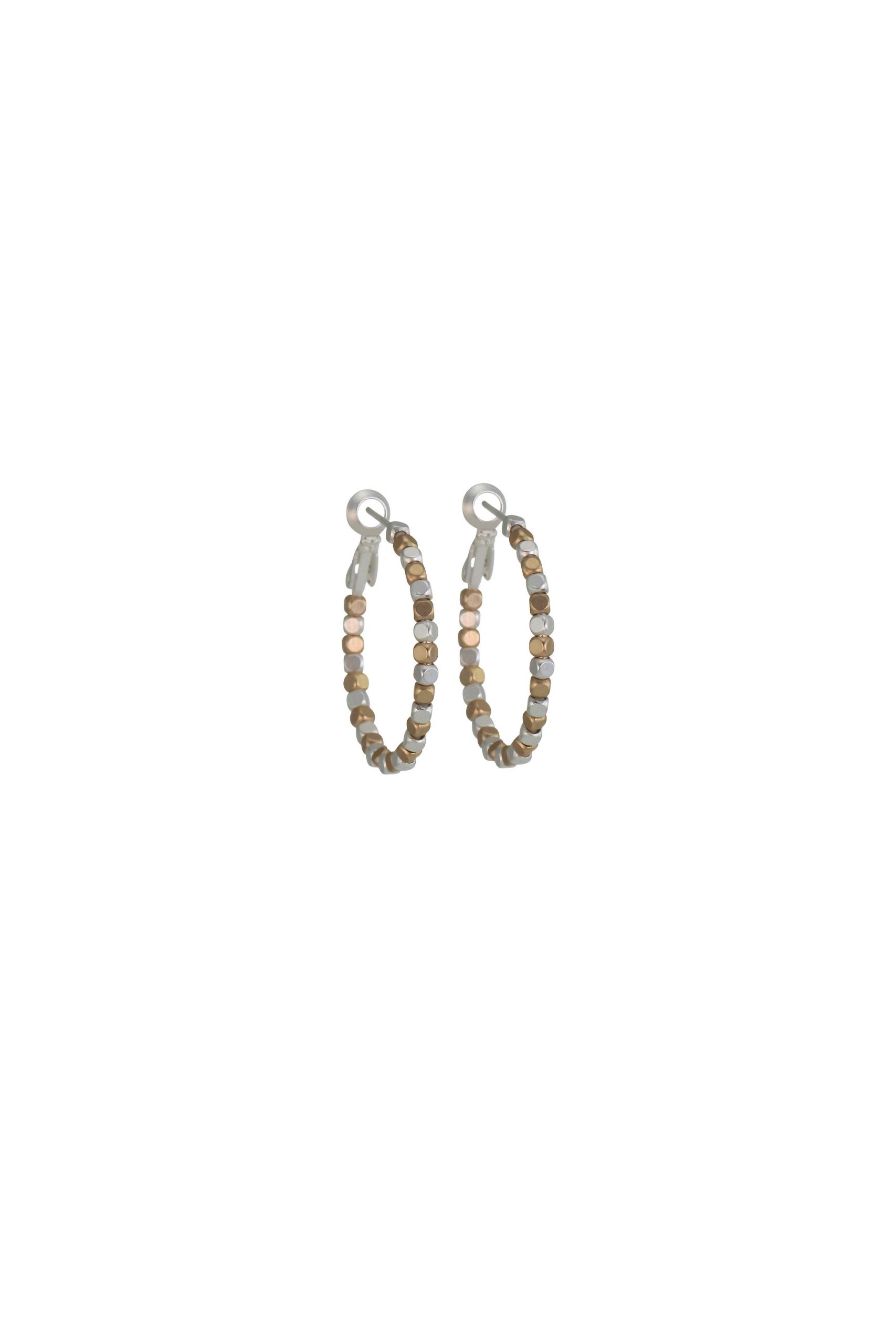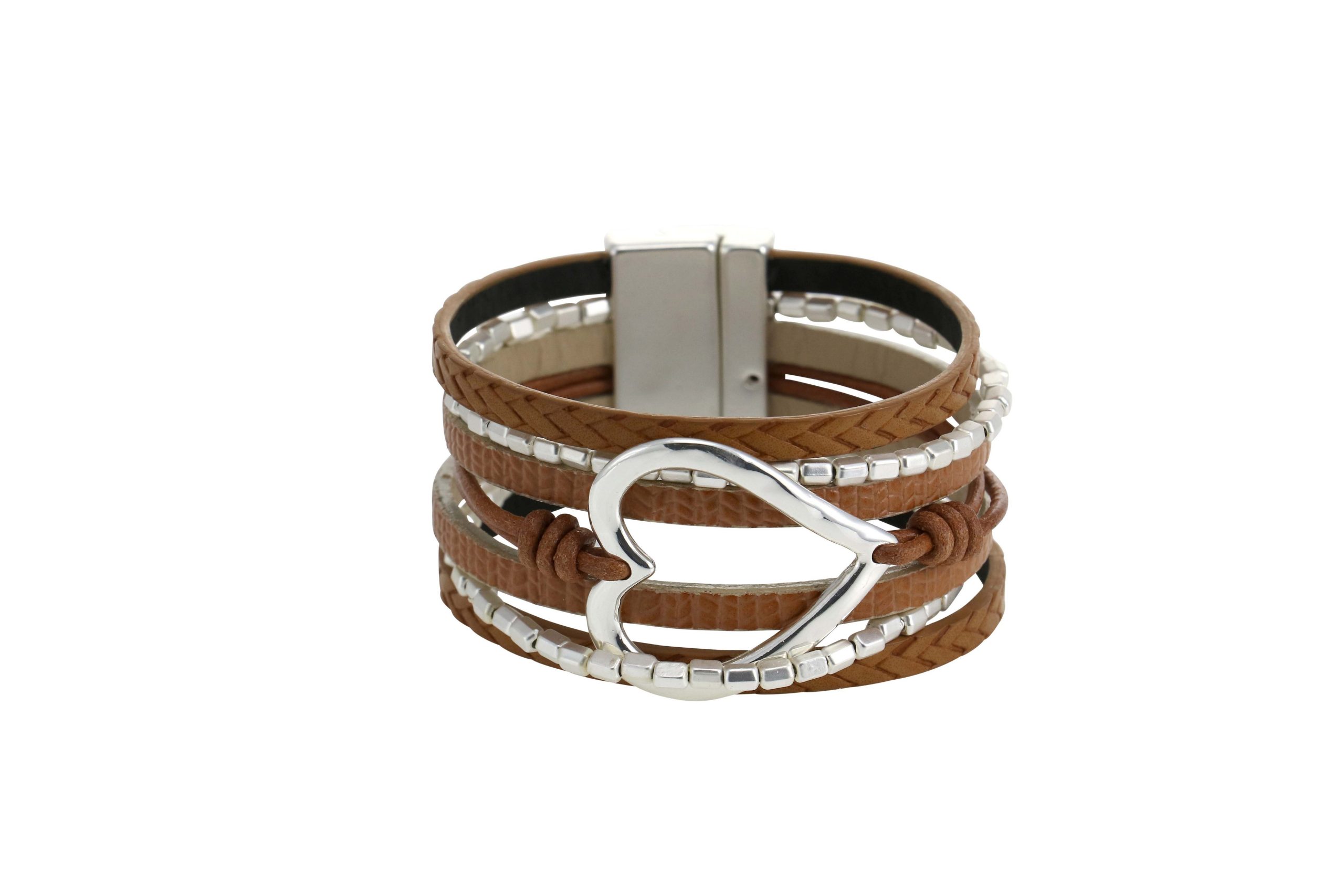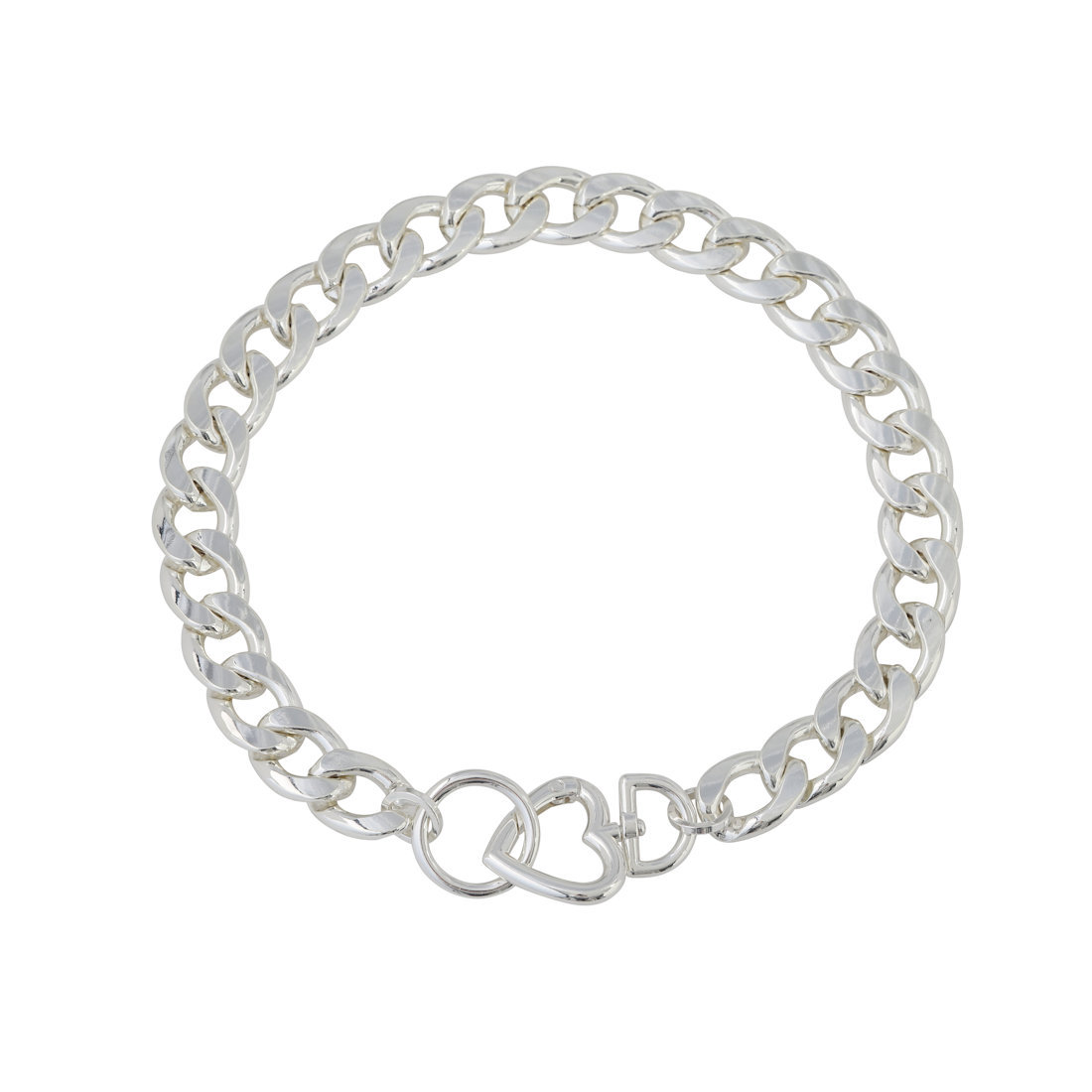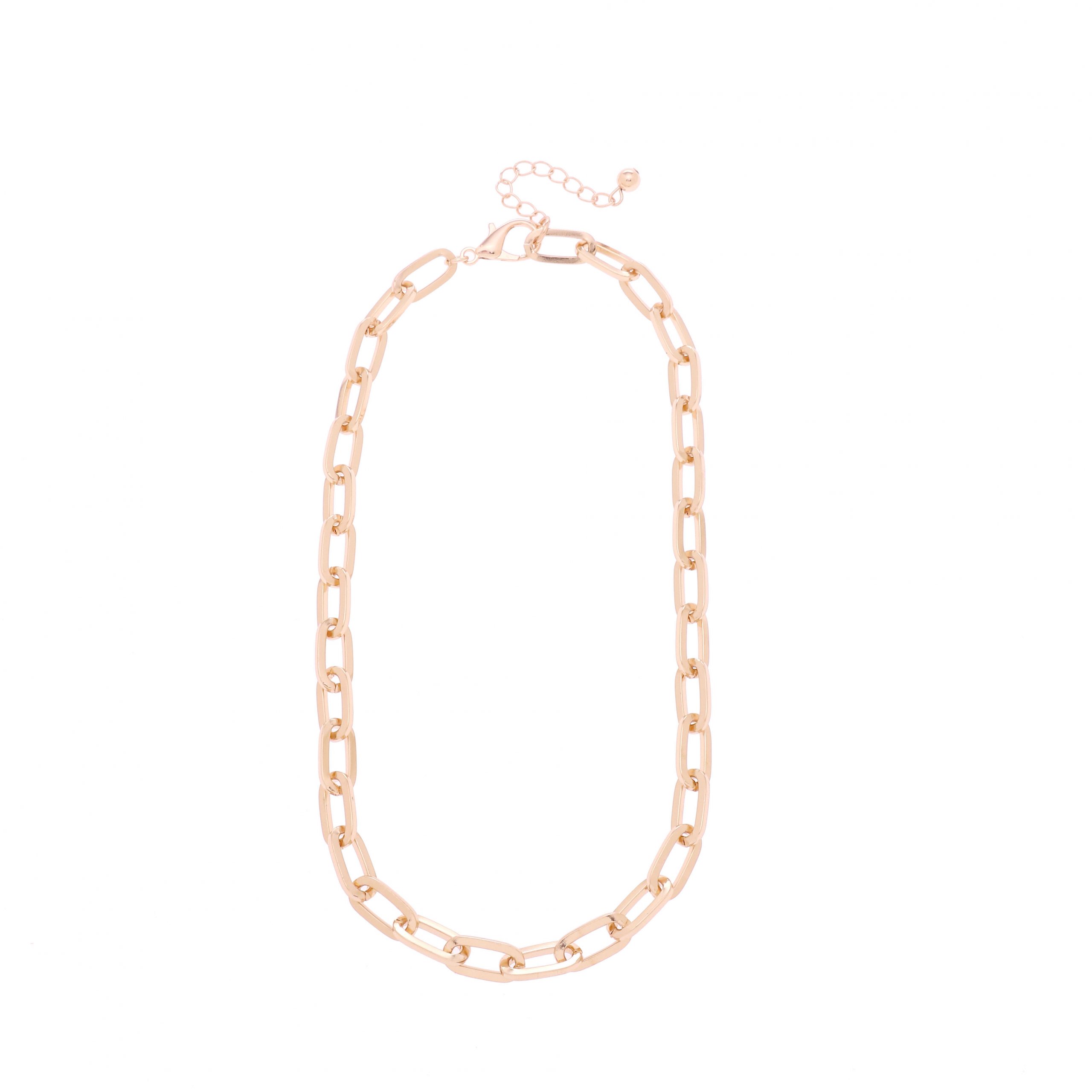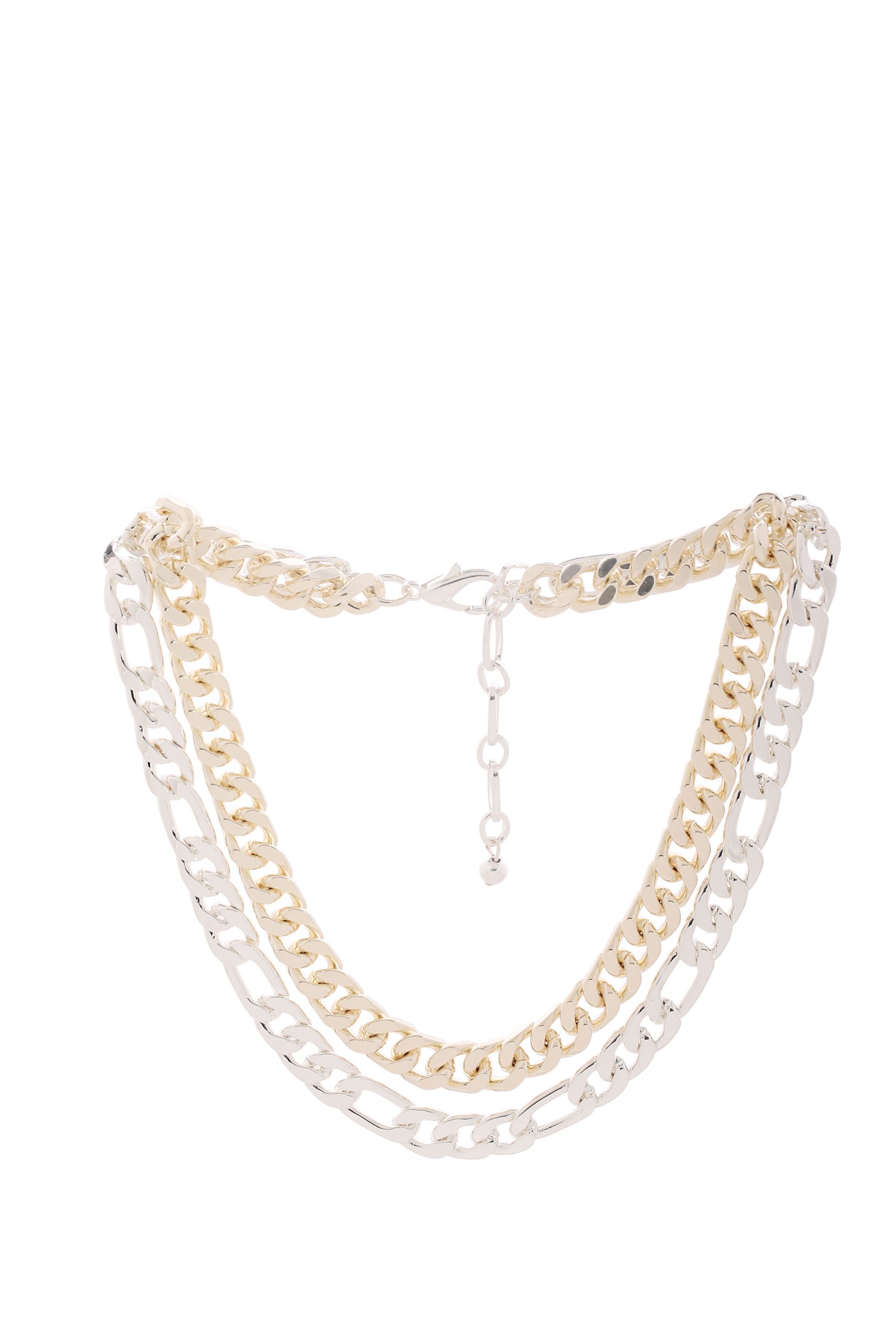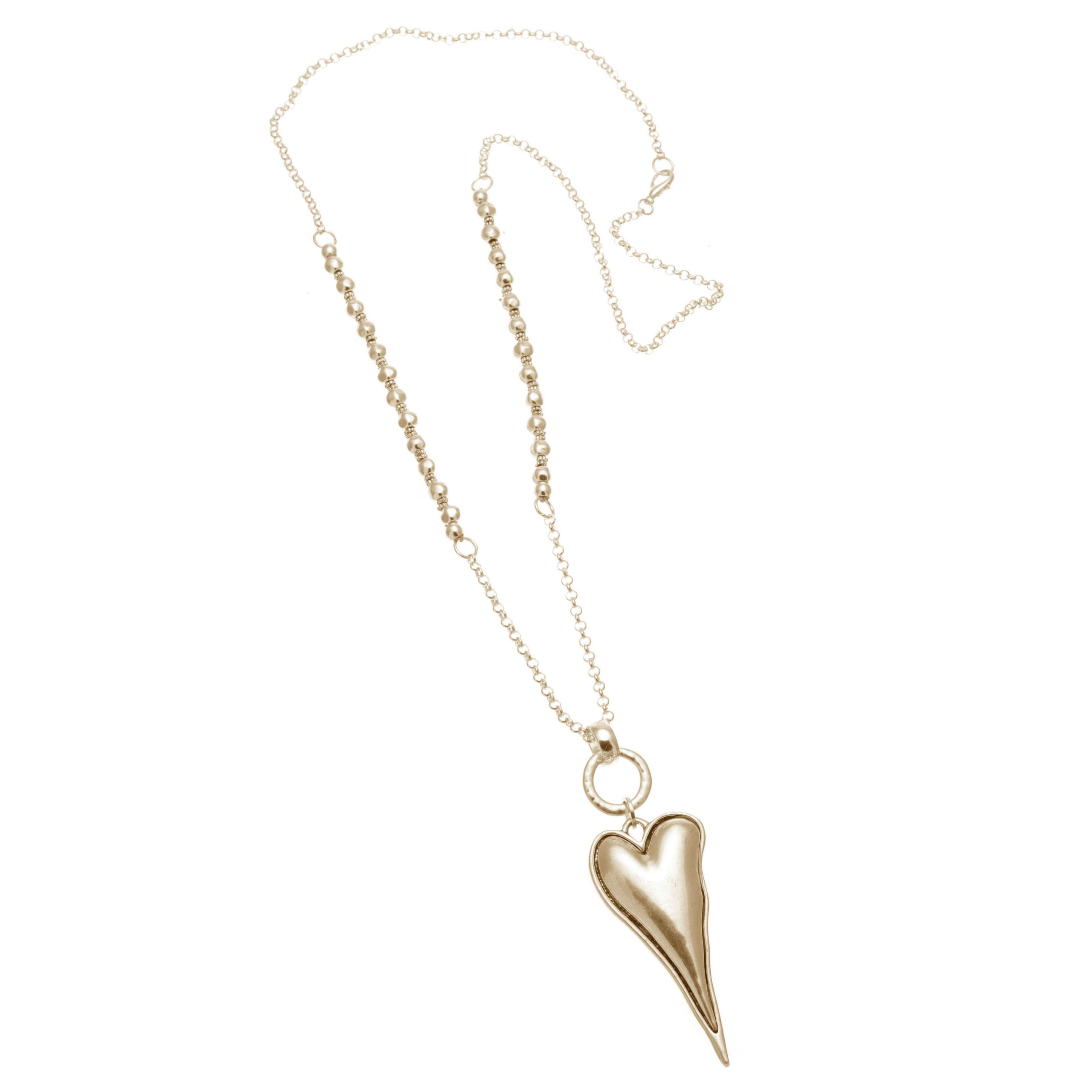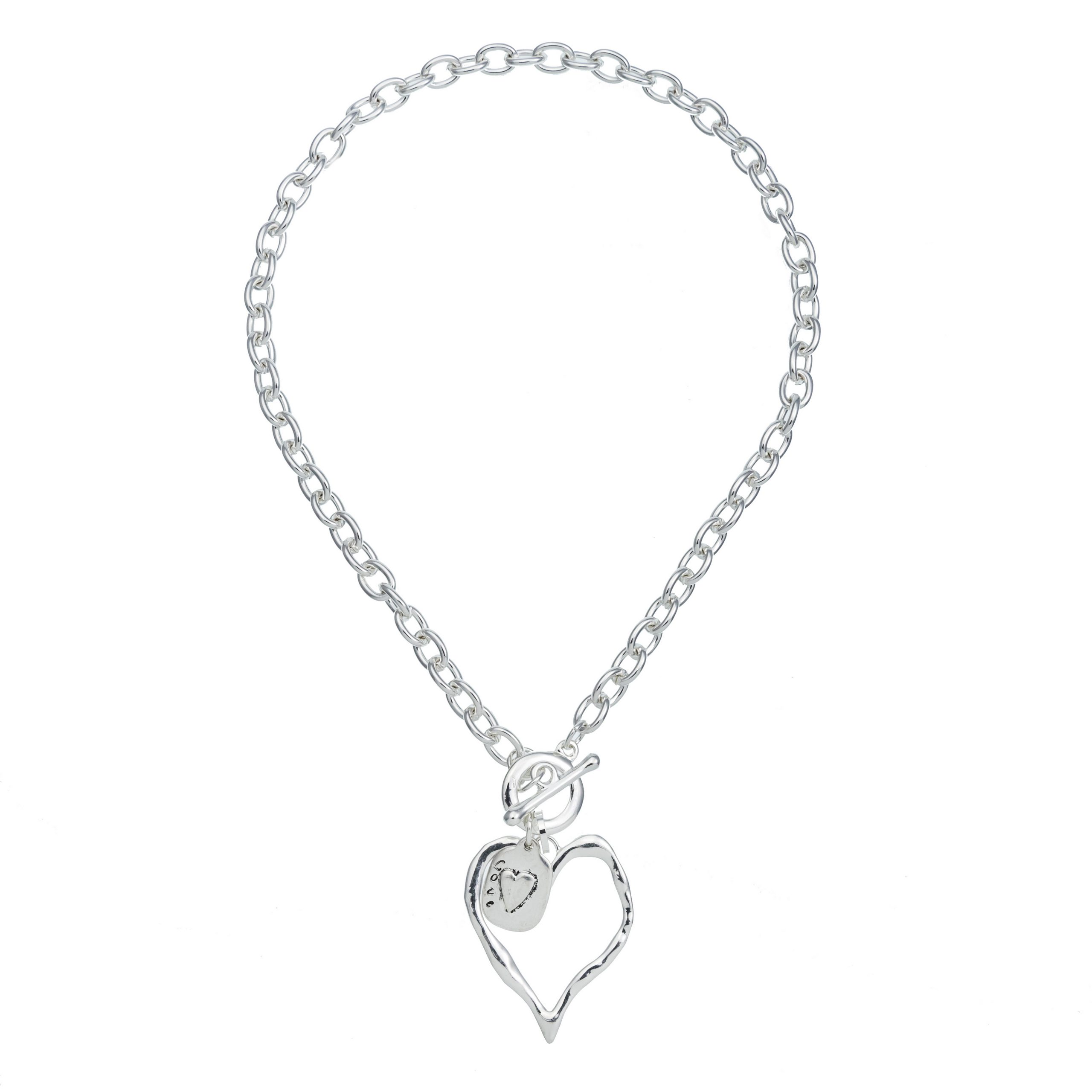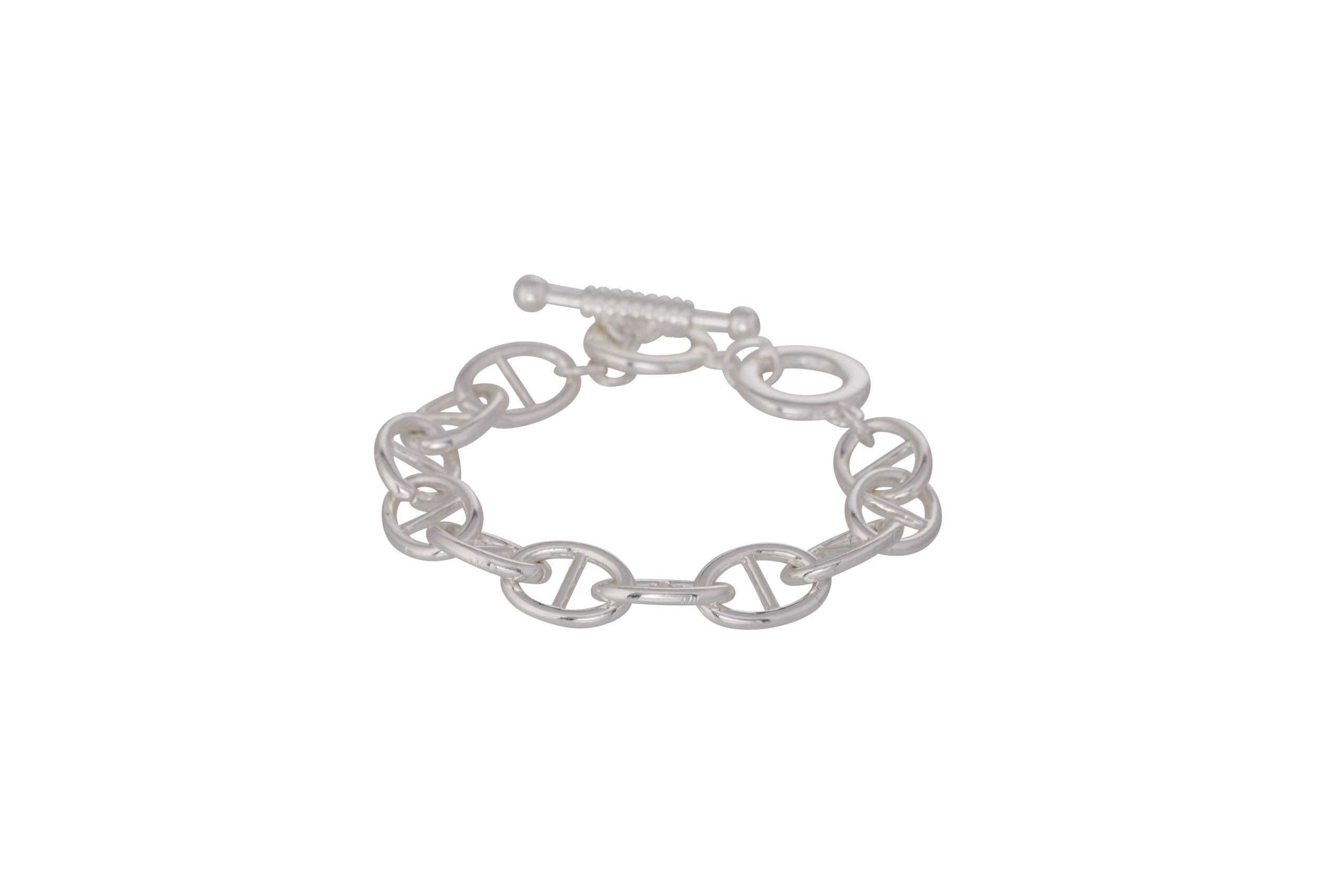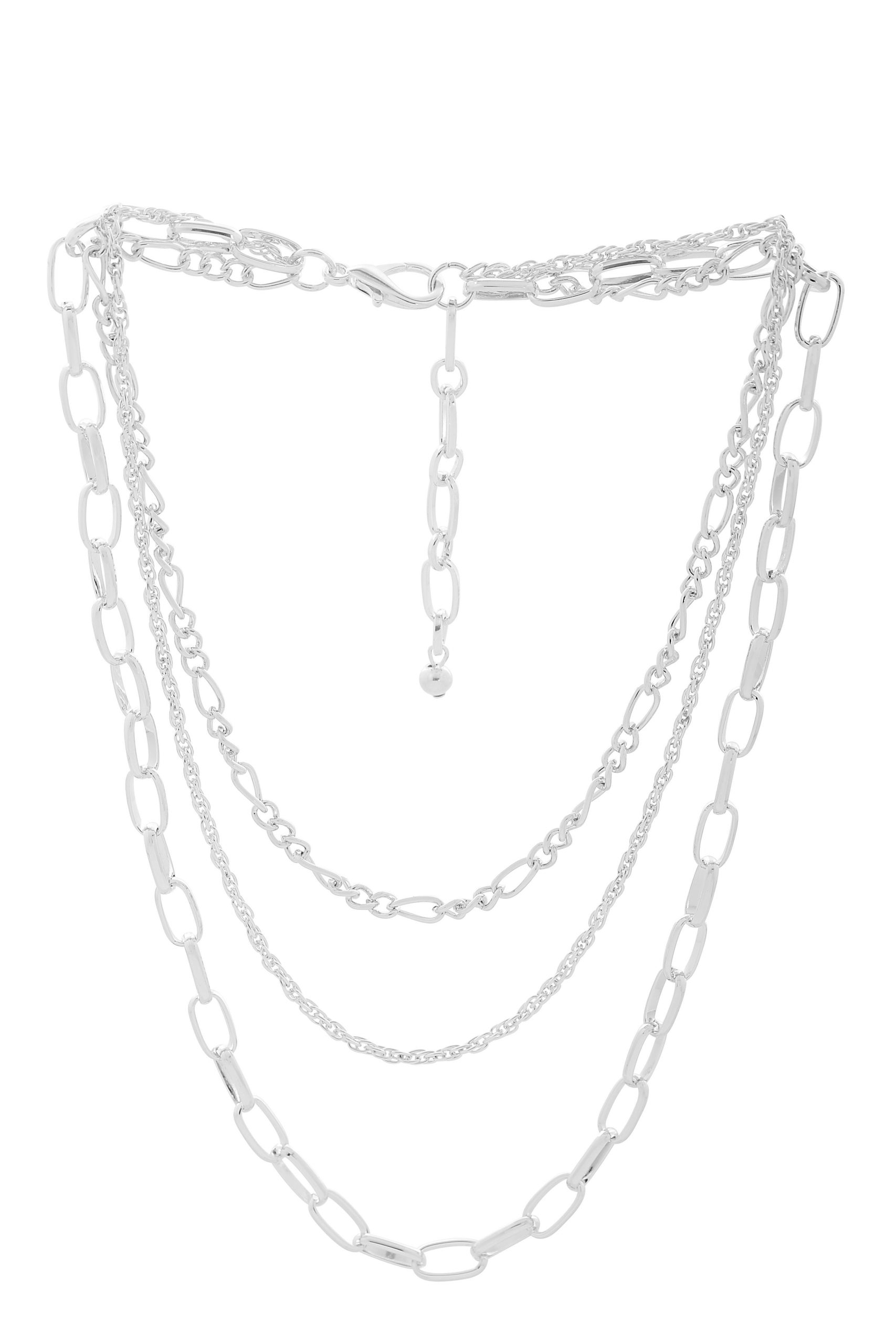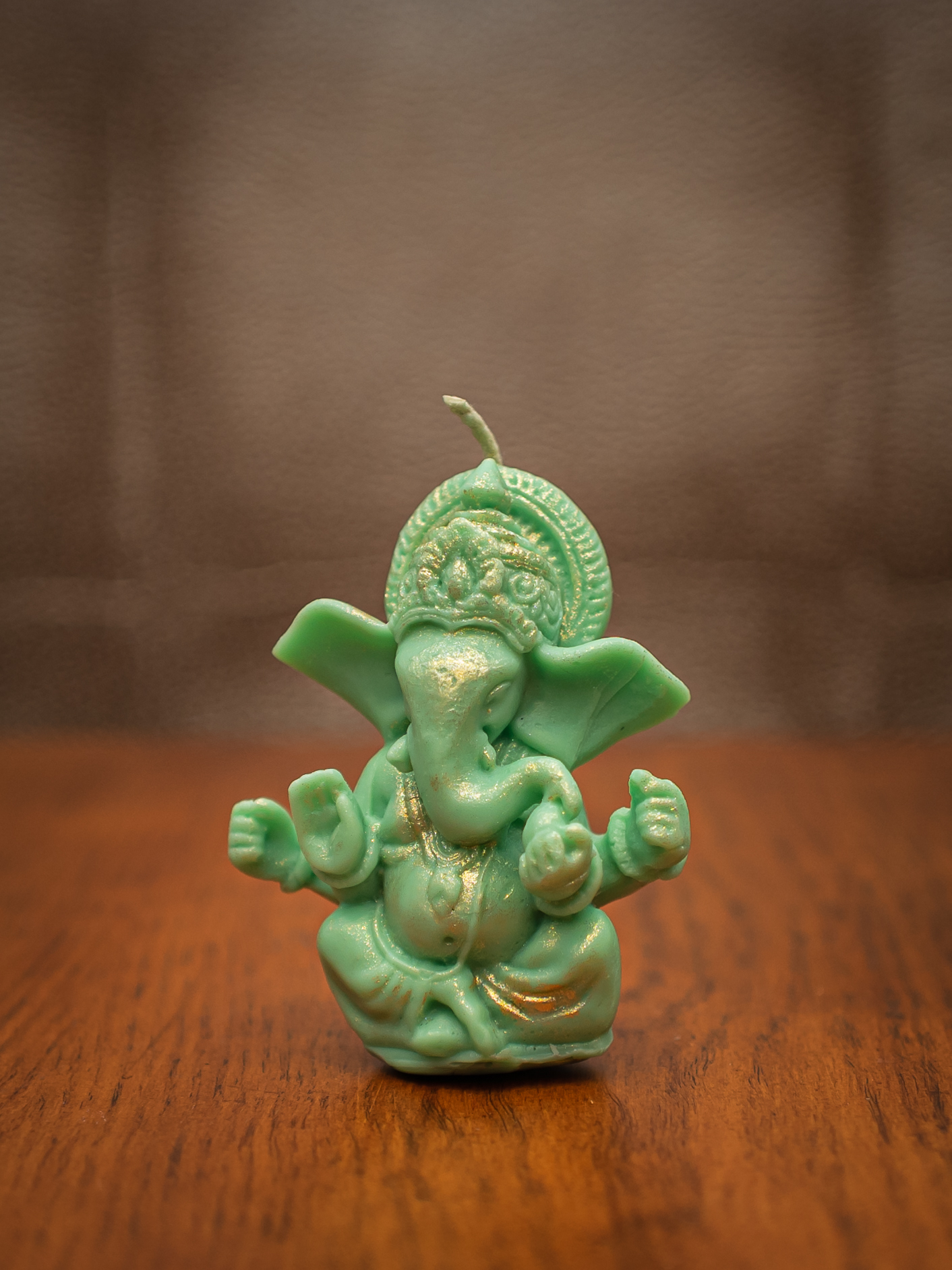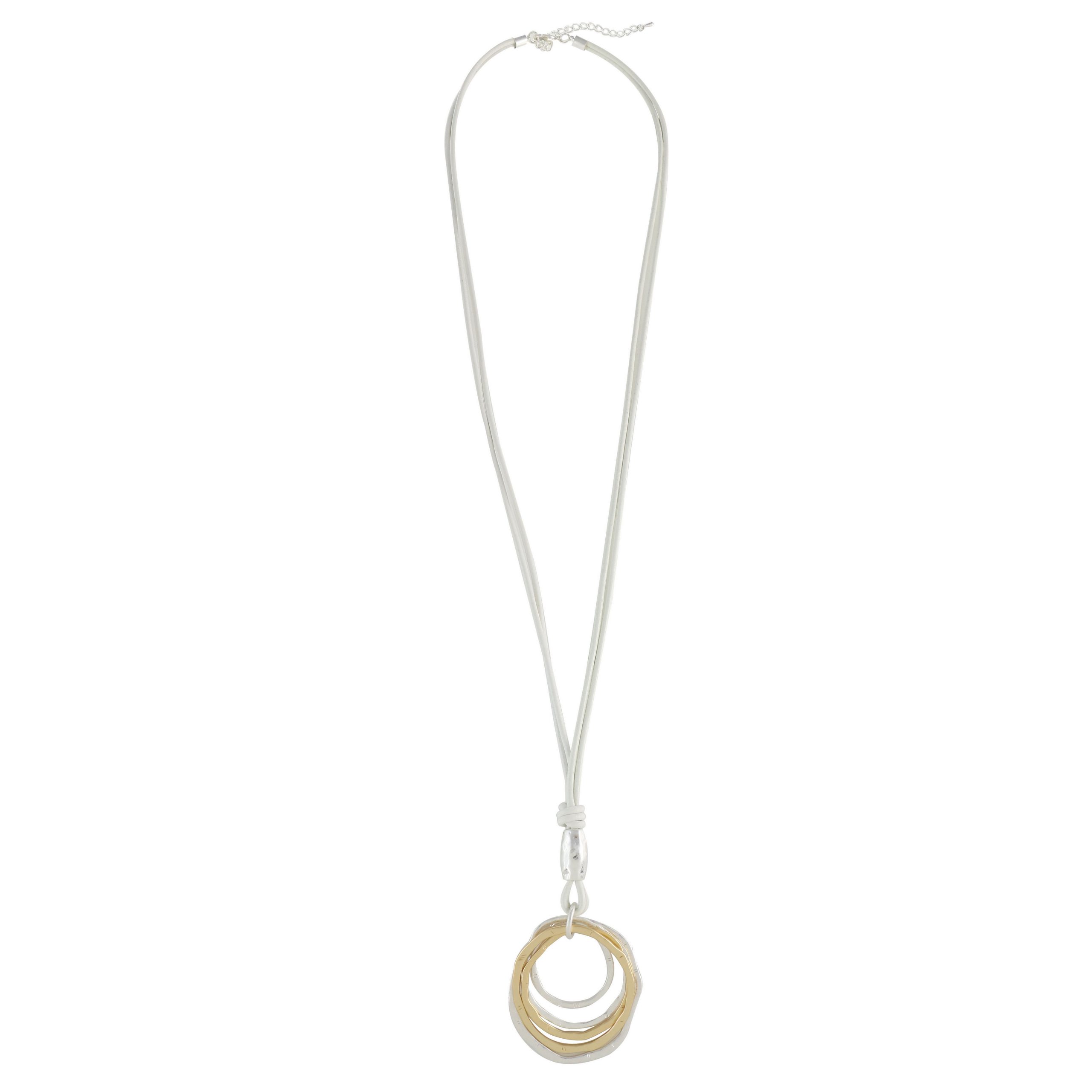In my previous blog entry, we discussed my all-time favourite version of ‘Love Is Blind’, and that was ‘Love Is Blind Japan’. And now the time has come to talk about ‘Love Is Blind Habibi’, the Arabic version of the show, which was, by far, my least favourite version of the entire franchise. I personally could barely get through the entire 10+ episodes, but I did it anyway. I can’t even tell you why I went ahead and finished the entire show. In hindsight, the reunion episode was the most interesting part of the entire season. But we’ll get to it in a bit…
Nevertheless, I found the Habibi version of the series still better than the original. This particular version of ‘Love Is Blind’ was very different than the rest as it perfectly transcribed the conservative nature of Arab culture. Particularly, its view on women. Just like in the American version, The contestants began in the infamous pods, where they built emotional connections through voice alone. Over the course of several weeks, conversations got deeper and eventually, proposals were made between the singles. After a grand face reveal, the engaged couples met face-to-face. But compared to its Western counterpart, ‘Love Is Blind Habibi’ functioned without the honeymoon phase, for as to respect to the culture and region. The engaged couples slept separately and didn’t engage in any sexual activities. Instead, viewers got to see the respective cultures of each pair beyond the pods. From pre-wedding traditions such as the Katb al-Katb to even henna nights, who is a lively gathering for women before the wedding. And to bring in more traditional values, the series also showcased the family’s participation in the engagement process.
Another big difference between the Habibi version and the American version is the intake of alcohol. It seems as though all contestants do in the US version is drink. It’s almost like producers encourage their contestants to drink more, for as to showcase more dramatization and character development. In the Habibi version, however, cigarette smoking was visible. Participants were seen drinking cocktails and beer, but presumably, it was nonalcoholic. But the most shocking difference, and I’d say that most shocking to those who don’t know the Arab culture, was the male participants’ misogynistic comments. Haroun Ayachi, a Tunisian soccer coach and player living in Washington D.C said of the show, ‘It isn’t shocking to see because although our generation is more open-minded, the dynamic between men and women is still on similar levels that it used to be. The men on the show are the more liberal and ‘woke’ Arabs, but you can still see the gender dynamic that is happening all over the Arab world.’ Osama El-Far, an Egyptian who works in policy in the U.K. said, ‘What I found surprising was the lack of need to perform empathy and openmindedness, which is not typical when you’re socialized as a man in this society. In a cosmopolitan context, you get points for at least performing a certain type of open-mindedness. It was interesting to see that it was more important to score points by performing the conservative, traditional masculinity to remind the world ‘we are men, even if we’re dressed this way and are on this type of show.’’
I myself wasn’t surprised by this as I have knowledge of the Arabic culture. From an early age, Arabic men are told time and time again that they’re superior to women. In North America, we know this as toxic masculinity. In the Arab culture, it’s called Arab masculinity, which is the norm. But we also can’t generalize this notion. We can’t just assume that all Arab men are one and the same. Just like anything else, this is based on the man himself. I was personally friends with a Jewish woman who married an Arab man. My husband and I became friends with them during their dating days. Then they got engaged, and I became very worried for my Jewish friend as to what her life would look like following her marriage. You see, Arab men tend to be very nice to their women in their dating the stage, but once things evolve and get more serious, especially in marriage, the control escalates. A few years later, the two got married. My husband and I were in attendance. The bride looked beautiful. She was glowing. They STILL had a beautiful relationship, at least from the outside, as well as the stories my Jewish friend told me, in the years that followed. They now have a child together, and they’re still the beautiful couple that I’d gotten know years before.
And yet, I had another friend who also dated an Arab man. She introduced me and my husband to him months after they started dating, and unlike the Arabic man I mentioned previously, he was NOT a good person. I’d say he showcased the nature of a stereotypical Arabic man that featured ‘Love Is Blind Habibi. He showed sexist, controlling, and abusive behaviours toward my friend as a woman. He wasn’t kind to her. He wasn’t attentive towards her. He didn’t treat her as an equal. He treated her as less than; as unworthy, and I was very happy when she told me that the two had broken up. PHEW!
Most of the men featured in the Habibi version of ‘Love Is Blind were just the stereotypical Arabic men. But perhaps the most problematic man in the entire series was Ammar, who got engaged to Karma in the pods. They were one of the first couples to hit it off and go steady with one another. They bonded over their shared love of music and sense of humour. They called the engagement just as quickly. The couple’s tensions came from their differing opinions on careers and traditional values. To be more precise, Ammar found it to be a disgrace that Karma was a belly dancer, and openly stated that he’d never allow his wife to dance. This led Karma to choose herself and end the engagement entirely. The best way to describe Ammar is that he’s an abuser hiding behind his cultural values. Karma’s career had always been her passion and her sense of womanhood and individuality, and Ammar shamed her for it. He gave her a choice, either to quit dancing and be with him, or continue dancing and end the relationship. Luckily, Karma chose to end the relationship, and with her ending the relationship, she chose herself.
During their fight, Ammar said to Karma, ‘I don’t accept it in any shape or form, not any type of dancing… Look at it my way. Because you’d be my wife and partner. You can’t do anything that I don’t approve of or don’t like.’ He called himself a traditional man who wouldn’t want to control his partner, but that there were specific things that he didn’t agree with. He went on to say, ‘If you were a painter and had an exhibition, I’d love to see your work. I’d be proud of you. If you would be dancing… I wouldn’t even go in the first place.’ Karma, in turn said to him, ‘Every person in the world has their own identity. It’s what makes them who they are. They sometimes have to sacrifice a relationship for something important… [Dancing] It’s not trivial to me. It’s a huge part of my life.’
The exes reunited during the reunion episode, and Karma challenged Ammar’s stance on dancing right there and then. She asked, ‘Do the beliefs you hold apply to everyone in your view? Or do they apply only to you and not to us? For example you appeared topless in front of the camera and looked amazing. Is this acceptable for you and not for a girl to dance?’ Ammar answered her question by stating that he wasn’t against dancing, but emphasized marriage required sacrifices. He maintained his stance throughout the discussion, leading to further disagreements. Very disgustingly so, the rest of the men agreed with Ammar, and were united in shaming Karma all throughout. Chafic even shushed Karma at one point. Throughout the segment, Ammar said that he wished they could’ve discussed the matter further before ending the engagement, but also said, ‘It’s completely unacceptable to me.’ He framed his position as protection and leadership. He argued that women would view men as weak without such leadership.
Many of the show’s fans were in support of Karma’s bravery, with one X, formerly Twitter, user writing, ‘Karma, the woman that you are..!!!!! This was one of my favourite scenes from #LoveIsBlindHabibi…It was wonderful to watch a woman refuse to sacrifice her peace of mind and spirit for the ‘love’ of an overbearing man. Karma understands that settling for less than you deserve in life brings misery and unhappiness…She knows that the best she can do isn’t a man who doesn’t know her worth.’ Another user wrote, ‘It’s not that Ammar isn’t allowed to hold that opinion or wish for a partner that doesn’t do dancing, but he expected Karma to obey him and his orders AND continue the relationship.’
Ammar’s perspective on the matter would’ve been much more understandable defendable had he been a traditional man. But he wasn’t. He never was. He himself publicly danced shamelessly, and in a much more provocatively than Karma ever would as a belly dancer. We also saw multiple shots of without his shirt on and trying to be sexy. With that being said, Ammar was filled with hypocrisy and double standard. Nour was very vocal in her support for Karma all throughout. Nour reassure Karma that she should never doubt her worth, as well as to never lose her passion for dance. She reminded Karma to continue to choose herself no matter what. She later opened further during a podcast interview with Hikmat Wehbi about the situation and said, ‘I honestly don’t like to interfere in such matters. I’m with the idea that a girl shouldn’t stop her life for any other person. This person you uplift can abandon and leave you alone in any situation, and you will be left alone. It’s good to set this value for yourself, to have your own private hobby. Don’t quit it for anyone. People don’t last. Relationships don’t last. All you have is you. So, I’m with her in regards to not quitting something she loves for someone else’s sake. I’m with her 1000 per cent. Had I been in her shoes, I would’ve taken the same decision, and would have behaved similarly. Honestly. For every girl out there, I say you should always choose yourself.
And speaking of Nour, I think the time has come now to speak of her journey on the show, but especially the reunion episode. Trust me when I say that this is truly something important and of the essence. Noour is a model and content creator. She is known for her high standards and her desire to find someone who appreciates her worth. She herself knows her worth, and she wants to find someone who sees what she sees in herself. Make no mistake, she’s f*cking smart. She has two educational degrees and knows three languages. She’s got the power of beauty and the brains to go with it. But Nour is the type of person that’s misunderstood a lot and is judged based on her looks, and that’s exactly what happened in this very case. Her peers on the show saw her as a ‘mean girl’ with her wicked speech and ruthless demeanour, as well as her beauty. She was the “IT” girl, who everyone had something to say about, be it good or bad.
The woman certainly has standards, and she wasn’t afraid to show it on the show. As she said herself on the show, ‘I don’t do coffee dates. I don’t do walking dates. I don’t do last-minute dates. I don’t do this. I need to see efforts. He has to book very fine dining like a nice place.’ Not everyone was impressed by this testament. Remember I mentioned Chafic earlier who shushed another woman because she interrupted him? Well…he called Nour an ATM machine due to her high standards. He called her that again when he appeared on another one of Hikmat Wehbi’s podcast episodes. Chafic actually courted Nour in the pods, but she stepped aside once she realized that Dounia showed interest in him. She showed respect towards Dounia and her blossoming relationship with him. During their time on the show, Chafic stirred up drama between Dounia and Nour as he made Dounia feel insecure about Nour’s presence. She became somewhat jealous of Nour, and she took everything out on her. More so, she did that at the reunion show alongside ALL the men. Dounia said in her arguments that her reaction was normal for a girl (her words, not mine), and that she had the right to be jealous for Chafic because she was with him.
Chafic and Dounia walked down the aisle, and were ALMOST ready to say ‘I do’. At the last minute, however, they decided not to go through with the marriage as they agreed that they weren’t ready for that type of commitment. Nevertheless, they decided to stay together and date. Many fans say that he’s just stringing her along, and I have to agree with the crowd. She wasn’t even his first choice. Chafic actually showed interest in Karma, the belly dancer, but stepped aside when Ammar told him to because he wanted her for himself. As a friend, Chafic did just that. Ammar also said in a confessional that he wanted a woman for himself who’d shift her priorities and stay home. What Chafic liked about Dounia was that she never had a boyfriend, and he was very clear about the fact that he didn’t want a woman who already had relationships before. It’s a double standard and hypocrisy that he showed when he judged Nour for being clear about her standards and what she wanted. Nour showed confidence, whereas Dounia didn’t, and that was exactly what he liked about her. It was a way for Chafic to control Dounia and get her to do what he wanted. This was evident when he chose to stir up drama between the two women while knowing full well of Dounia’s inexperience and vulnerability.
On Hikmat Wehbi’s podcast, in which she appeared with Chafic, Dounia reflected on the past situation that led to her going off on Nour at the reunion. She said, ‘People keep telling me, ‘Why are you coming at her when she wasn’t even your friend?’, but let me tell you something. We were friends. Do you want to know something else? Nour is actually a genuine person. She’s a very nice girl, but as soon as the camera is switched on, the button is on as well.’ She also defended Mido, Nour’s former fiancé. She said, ‘He is a sweet person. People need to put themselves in his shoes.’ And speaking of Mido…
Mido and Nour formed a connection during their pod dates and got engaged. It was funny, because Mido insisted that he wasn’t looking to provide for a woman, and that he’d never date a model. And yet, he went for someone like Nour, someone who made it clear that she looked for someone who’d allow her to have an extravagant courtship and lifestyle. When they met face-to-face at the reveal, Mido couldn’t hide his excitement at Nour’s beauty. At the reunion, however, he changed his take on the relationship altogether and called giving Nour chance a ‘mistake’. He said, ‘If I could turn back time, I wouldn’t repeat it. When someone who only talks about materialistic things, tables full of food and such. Why? She’s beautiful. Why do you make yourself a product?’ He went as far as calling her beauty unnatural. He later apologized at the very end of the reunion for his remarks and applauded for it. He also then apologized again on Instagram to make sure the world knew that he apologized.
Mido initially broke things off with Nour after he felt she was obsessed with her appearance and more interested in Chafic than him. The reunion wasn’t the first time where Mido shamed and degraded Nour following their breakup. He also did so when they reunited for the first time following Mido leaving the experiment in episode 7. Mido revealed he had met an Egyptian woman after his split from Nour, and Mido wanted to voice the fact that he found his new girlfriend extremely pretty. In turn, Nour questioned the likelihood of forming a new relationship so quickly. Their exchange escalated when Nour stated, ‘one doesn’t have to lower their standards’. In a confessional, Mido countered by imitating Nour’s words and labeling her behavior as having ‘zero character’.
When Mido, as well as the rest of the men on the show, questioned her character at the reunion, Nour confidently said, ‘I am a genuine woman. What I said in front of the camera expresses my true personality.’ She revealed that grew up in a household where she never had to worry about finances or pay for anything. Everything she owned was paid for and all her demands were met. Consequently, she expected the same from the men she got romantically involved with. With that said, Nour defended herself by saying that there was a difference between, as she said, a ‘cheap girl and a girl who values herself and has standards’. Nour added that she had specific expectations from life and set her life according to them. She said, ‘I value myself. It seems that today’s men want a princess treatment. They’ve forgotten that they’re men and we’re women.’ She shamelessly confessed that she had a comfortable upbringing and never had to work to buy anything. According to her, it was a minimum requirement to be spoiled by her husband as she was by her parents. Mido called Nour out for speaking of him in a negative light after he left the experiment, and said that it inappropriate for anyone with ‘morals and ethics’ to say he was not a man. He went on to call Nour ‘empty’.
Ok…so I’d like to go back to analyzing how Arab men generally treat women. Let me start by saying that it’s mostly impossible to make a sweeping generalization about how all Arab men treat women, as attitudes and behaviors vary greatly within the Arab world and depend on individual circumstances, cultural context, and religious beliefs. However, it’s important to acknowledge that traditionally, Arab societies have been patriarchal, which has often resulted in women having limited access to education, employment opportunities, and political participation. And to look at this in a more monumental way:
- Patriarchal Traditions: Many Arab societies have historically held patriarchal structures, where men are seen as having authority over women.
- Varied Roles and Expectations: While some Arab men may hold traditional views, others are more progressive, and women’s roles and expectations vary widely across different regions, communities, and socioeconomic backgrounds.
- Education and Employment: While some Arab women face challenges in accessing education and employment opportunities, many are now pursuing higher education and entering the workforce in various fields.
- Political Participation: While women’s political participation can be limited in some areas, there are also examples of women playing prominent roles in politics and government.
- Cultural Nuances: Cultural norms and traditions can influence how men and women interact, including issues like public displays of affection, social gatherings, and family dynamics.
- Religious Interpretations: Religious interpretations of Islam can also influence attitudes towards women, with some interpretations being more conservative than others.
- Modernization and Change: As Arab societies modernize, there is a growing movement towards greater gender equality and women’s rights.
- Individual Variations: It’s essential to remember that individual men and women within the Arab world have diverse views and behaviors, and generalizations should be avoided.
I knew a woman like about. I was friends with her. She was even supposed to be my bridesmaid before she bailed on me 4 days before my wedding. That aside, she was very smart. She was intriguing. She was fun. She was sensual and self-aware. And just like Nour, she cared about her appearance. She was truly beautiful. She was the perfect blend of beauty and brains – just like Nour. She always knew that she wouldn’t use her education in the workforce as she had plans to get married to someone who’d provide for her. Nevertheless, it was important for her to get an education prove to herself that she was more than just her appearance. Sadly, after she moved back to her country to get married, and didn’t come to my wedding thereafter, I lost touch with her entirely. Judging someone based on their appearance, particularly judging a woman based on her appearance, has nothing to do with her being Arabic. I have a friend, who’s not of Arabic decent, who also very much cares for her appearance and looks very beautiful in doing so. For that, she’s misjudged constantly. But don’t be fooled, because she’s VERY smart. She has a Masters degree and has worked for many years doing what she loves.
It would be an understatement if I said that about got a lot of heat during her time on ‘Love Is Blind Habibi’, and that started practically right from the moment she arrived on set. Nour said that the feminists ruined it for her because according to them a woman should be working and providing for herself, and said that she didn’t believe in that, and that she wanted her husband to provide for her. Fans of the series had much to say about her stance on feminism. One fan wrote on X, ‘Nour said the feminists ruined it for her?? The same feminism that affords her that modelling career?? Worms for brains.’ Another wrote, ‘Nour saying she hates feminism…how slow can one be.’ A third wrote, ‘Watching Love is Blind, Habibi and The model is talking about how much she hates feminism now women have to be Independent, work. Mind you, she wouldn’t be a model, she wouldn’t wear the clothes she does, being on this show to start with, as bo Habibi,o bua kang.’ A fourth wrote, ‘Nour said feminists ruined us (women) because we now have independence to work? And make our own money? That’s crazy, rich babe with zero sense.’ And finally, a fifth wrote, ‘Most/All of the men on #LoveIsBlindHabibi made a pact to not be 100% financially supportive of their prospective wife. This is why feminism is good. Imagine being financially abused, etc. Nour is a prime example of stupidity for criticizing feminism.’ I mentioned previously that she has two educational degrees. They have to do with PR, marketing, and social media growth. I personally believe that she deliberately said this to get the public talking about her, which very much proved how smart she was in using what she learned in her education.
Of course Nour is a feminist. Of course she supports women. Of course she’s a girls’ girl. If she wasn’t, she wouldn’t have come forward in support of Karma so fast at the reunion when she was bashed for not giving her passion for belly dancing for love, and I was so glad to see Karma showing that same support for Nour when she spent practically the entire episode being shamed for being the woman that she is and not being afraid to show it and be upfront about it. There’s absolutely nothing wrong with how she sees herself. There’s nothing wrong with her setting standards for herself. And there’s nothing wrong with being vocal and upfront about it. This very fact didn’t give anyone the right to be disrespected in the way that she was, and the hosts of the show, Khaled saqer and Elham Ali, failed to stop that disrespect on time. It almost seemed like they were enjoying it. Through the entire run of the first season, Nour showed class, elegance, and grace. And dare I say that I hope to have the level of confidence that she has myself.
Our Most Popular Posts
Sign up to our newsletter if you want to see more content from The Graceful Boon! By signing up to our newsletter, you'll get an even more in-depth content from yours truly, Stacie Kiselman, who's our Graceful Boon, that you won't want to miss out on.

